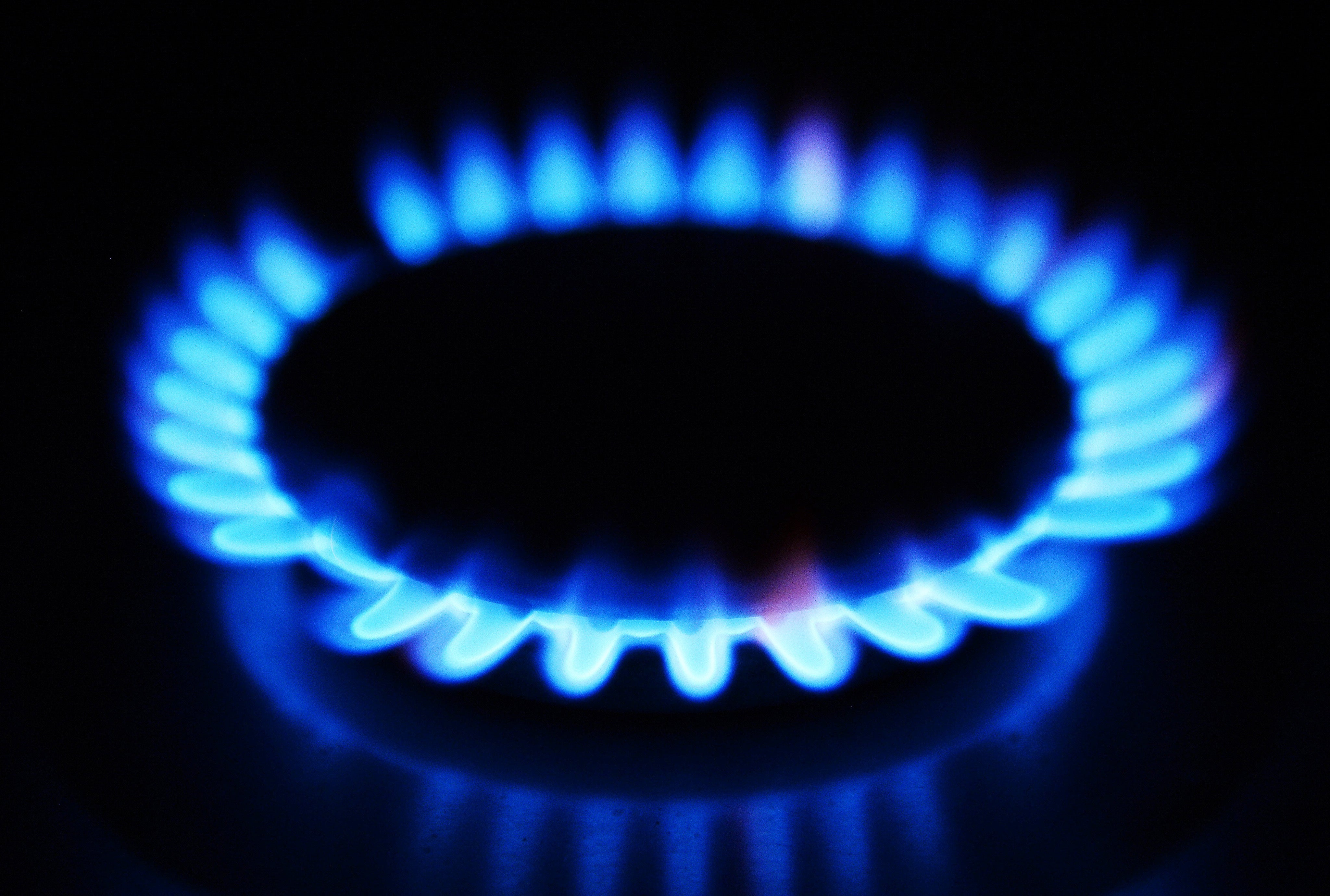Seven in ten Scots worried about affording energy bills, poll finds
The Survation poll for Advice Direct Scotland also found that almost two-thirds of people in Scotland said they have already limited their energy use.

Your support helps us to tell the story
From reproductive rights to climate change to Big Tech, The Independent is on the ground when the story is developing. Whether it's investigating the financials of Elon Musk's pro-Trump PAC or producing our latest documentary, 'The A Word', which shines a light on the American women fighting for reproductive rights, we know how important it is to parse out the facts from the messaging.
At such a critical moment in US history, we need reporters on the ground. Your donation allows us to keep sending journalists to speak to both sides of the story.
The Independent is trusted by Americans across the entire political spectrum. And unlike many other quality news outlets, we choose not to lock Americans out of our reporting and analysis with paywalls. We believe quality journalism should be available to everyone, paid for by those who can afford it.
Your support makes all the difference.More than two thirds of people are worried about affording their energy bills this year while many already feel cold in their own homes, according to new research.
The Survation poll for Advice Direct Scotland also found that just under two-thirds (65%) of people in Scotland said they have already limited their energy use in the past 12 months so they could afford to spend money on other goods or services, including food.
The research, released on Wednesday, was carried out days before energy regulator Ofgem revealed that fuel bills will typically rise by £693 a year in the UK from April as it raised the price cap.
Scotland’s Energy Secretary, Michael Matheson, has warned there is a “real risk” people could die in the months ahead as the country faces a major increase in energy prices.
This stark poll demonstrates the scale of the cost-of-living crisis in Scotland
The Advice Direct Scotland research asked people how worried they were about being able to afford their energy bills this year, with the price cap due to be increased.
Seven in 10 (70%) of the 1,008 respondents said they were either very worried or quite worried.
Among those rationing their energy usage, 29% said they often feel cold in their own home as a result and 57% said they sometimes do.
Andrew Bartlett, chief executive of Advice Direct Scotland, said: “This stark poll demonstrates the scale of the cost-of-living crisis in Scotland.
“Thousands of households are already rationing their energy use so that they can afford necessities such as food. And, as a result, many are cold in their own homes.
“The looming energy price hike is causing considerable anxiety, with 70% of Scots worried about affording their bills.
“Our advisers are working hard to provide free, practical advice to consumers across Scotland and in tandem with the Scottish Government we are helping to deliver a £4million support fund.
“Nobody has to suffer alone, and anyone concerned about their energy bills should get in touch with us for expert, practical advice.”
The poll was carried out between January 26 and 28, before the price cap increase was announced on February 3.
The Chancellor, Rishi Sunak has promised all households a £200 discount on power bills in October, that will have to be repaid over five years.
Advice Direct Scotland runs the national service advice.scot, with advice available to everyone in Scotland, at no cost, regardless of personal circumstance.
This includes the energyadvice.scot service which is available online and on freephone 0808 196 8660 for any consumer in Scotland, with free advice on billing, grants and assistance.
The service has received more than four times the anticipated level of inquiries since it opened in April last year.
It said that common concerns are big jumps in monthly direct debit payments, how these extra costs can be met, and worries about what happens when your supplier goes out of business.
Advice Direct Scotland also administers the Scottish Government’s £4 million Home Heating Support Fund for those rationing their energy use, which “referral partners” such as housing associations, local authorities and charities can access on behalf of their clients.